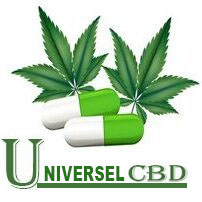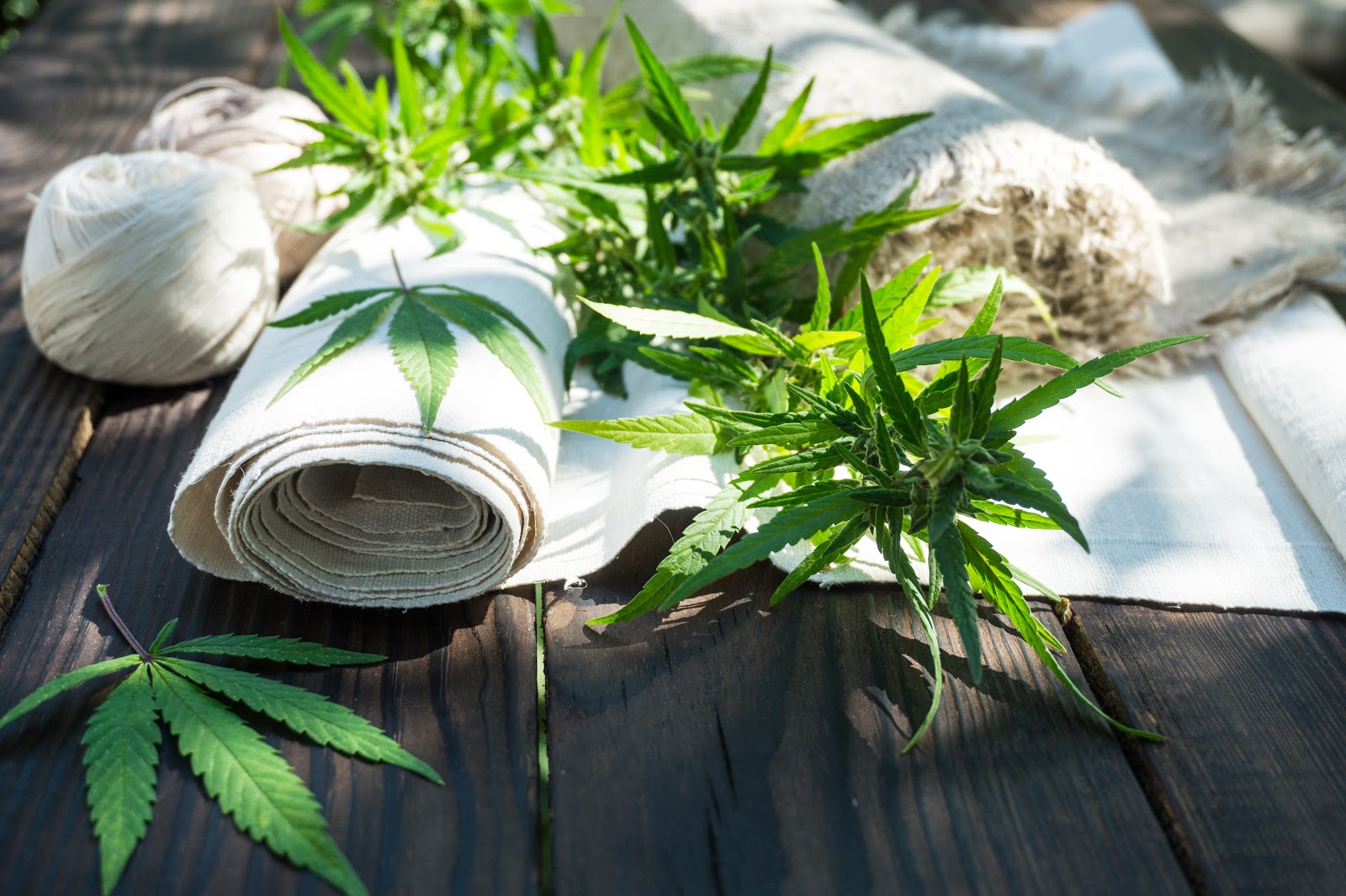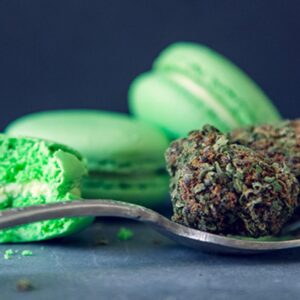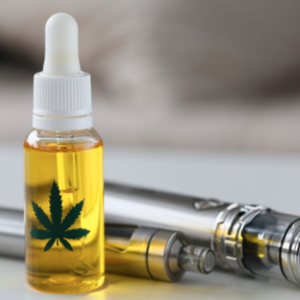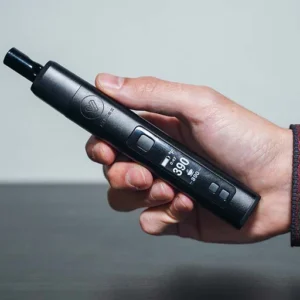Cannavi oil is used for health, but it is controversial. There is some confusion about what it is and the impact it has on the human body.
Cannabidiol ( CBD ) can have some health benefits, but it may also have some risks. Also, it is not legal in all states.
What is CBD Oil?
CBD is one of many compounds known as cannabinoids found in cannabis plants. Researchers have seen the potential therapeutic use of CBD.
Concentration Oil CBD Known as CBD Oil. Different oil concentrations and uses are different.
Is it CBD marijuana?
Until recently, the most well-known compound in cannabis was Delta 9 tetrahydrocannabinol (THC). This is the most active ingredient in marijuana.
Marijuana contains both THC and CBD, but the compounds have different effects.
THC is well known for its “high” mind, changes that produce when it is decomposed by heat and introduced into the body, such as when sucking a plant or cooking it into food. I am.
Unlike THC, CBD is not a spirit. This means that it does not change the state of mind of the person who uses it. However, it has been found to have medical benefits that are likely to make a big difference to the body.
Most of the CBD used was found in at least the treated form of a cannabis plant medically known as hemp.
Hemp and marijuana come from the same plant, cannabis sativa, but they are very different.
Over the years, cannabis farmers have selectively made their plants very high on THC and other compounds that are interested in them because of the odor of either or the effect they have on the flowers of the plant I have bred it.
Hemp farmers, on the other hand, are not prone to changing plants. This is the CBD oil that is these hemp plants that are used to create .
How CBD works

All cannabinoids, including CBD, attach themselves to specific receptors in the body to produce their effects.
The human body produces certain cannabinoids on its own. It has two receptors for cannabinoids called CB1 and CB2 receptors.
CB1 receptors have been found all around the body, but many of them are in the brain.
CB1 receptors in the contract between coordination and exercise, pain, emotions and moods, thoughts, appetite, and memories between others, and the brain. THC attaches to these receptors.
CB2 receptors are more common in the immune system. They affect inflammation and pain.
It is used to think that CBD acts on these CB2 receptors, but it appears that CBD is no longer acting directly on any of the receptors. Instead, it seems to affect the body to use many of its cannabinoids.
advantage
Acting on the CBD body because of the way it has many potential benefits.
Natural pain relief and anti-inflammatory effect
People generally use prescription or over-the-counter medications to relieve pain and stiffness, including chronic pain.
Some people feel that CBD offers a more natural way to reduce pain. A study published in the Experimental Medical Journal found that CBD significantly reduced chronic inflammation and pain in some mice and rats.
Researchers have suggested that non-psychiatric compounds in marijuana, such as CBD, are new treatments for chronic pain.
Finish smoking and drug withdrawal
The use of CBD has some promising evidence that people may help quit smoking. A study posted pilot was found in addictive behavior. The CBD smoked less cigarettes, but used inhalers containing compounds that did not have an additional craving for nicotine and smokers.
Another similar study posted on neurotherapy found that CBD could be a promising substance for opioid-abusing people.
Researchers have pointed out that CBD can reduce some of the symptoms experienced by patients with substance use disorders. These include anxiety, mood symptoms, pain and insomnia.
Although these were discovered early, they suggest that CBD can be used to avoid or alleviate withdrawal symptoms.
Epilepsy and other mental illnesses
CBD is being investigated for its potential role in the treatment of epilepsy and neuropsychiatric disorders.
A review posted on epilepsy pointed out that CBD has low risk of side effects for people with anti-seizure properties and epilepsy.
Studies on the effects of CBD on neurological disorders suggest that it may be useful in the treatment of many of the disorders linked to epilepsy, such as neurodegeneration, nerve damage, and psychiatric disorders.
In another study published in the current pharmaceutical design, CBD has similar effects to certain antipsychotics, which may be safe and effective in treating patients with schizophrenia. I understand.
More research, however, is needed to understand how this works.
Can fight cancer
CBD has been studied for use as an anti-cancer drug.
A review posted in a British journal of clinical pharmacology points out that CBD appears to block cancer cells from invading the area completely when it spreads around the body.
Reviews have shown that this compound tends to suppress the growth of cancer cells and promote the death of these cells.
Researchers note that CBD may help treat its low-toxicity levels of cancer. They call for studying with standard treatments to confirm synergies.
Anxiety disorder

Patients with chronic anxiety are often advised to avoid cannabis so that THC can trigger or amplify anxiety and delusions in some people.
However, reviews from neurotherapeutic agents suggest that CBD can help reduce the anxiety felt by people with certain anxiety disorders.
Researchers refer to studies that show that disorders like CBD can reduce anxiety behavior.
・ Post-traumatic stress disorder
・ General anxiety disorder
- panic disorder
・ Social anxiety disorder
- Obsessive-compulsive disorder
Reviews point out that current medications for these disorders can lead to additional symptoms and side effects, so people stop taking these unwanted effects of the drug.
CBD has not shown any adverse effects in these cases so far, researchers urge that CBD be considered as a potential treatment.
Type 1 diabetes
Type 1 diabetes is caused by inflammation as the immune system attacks the cells of the pancreas.
In a recent study, posted in clinical hemorheology, microcirculation found that CBD can facilitate pancreatic inflammation in type 1 diabetes. This can be the first step in finding a CBD-based treatment for type 1 diabetes.
Acne
Acne treatment is another promising use for CBD. The condition is partially caused by inflammation in the body and overworked sebaceous glands.
A recent study published in a journal of clinical research found that CBD helps reduce the production of sebum, which leads to acne, partly because of its anti-inflammatory effect on the body.
CBD may be the most common form of acne, a future treatment for pimples vulgaris.
Alzheimer’s disease
Early studies published in the journal of Alzheimer’s disease found that CBD was able to prevent the development of social cognition in subjects.
This means that CBD can potentially prevent people in the early stages of Alzheimer’s disease because they lose the ability to recognize the faces of people they know. This is the first evidence that CBD has the potential to prevent the symptoms of Alzheimer’s disease.
Side effects
Many small studies have found that in CBD adults who have seen safety , it is well tolerated over a wide range of doses.
There are no significant side effects on vital signs or mood effects among the central nervous system or those who use it slightly or frequently.
Pointed out The most common side effect is fatigue. Some people have noticed diarrhea and changes in appetite and weight.
risk
To date, tests have not been conducted on children, and there remains very little long-term safety data available.
As with new or alternative treatment options, patients should discuss CBD with a qualified healthcare professional before use.
The US Food and Drug Administration (FDA) does not approve CBD for the treatment of any condition. Whether a product contains a safe or effective level of CBD It can be difficult to know if a product has the properties and content stated in its packaging or marketing.
How to use
CBD oil is used in a variety of ways to relieve symptoms in different conditions.
Some CBD oil products can be taken from pipettes or droppers mixed with various foods and beverages, or available as a thick paste to massage the skin. CBD can also be purchased in capsule form.
Other products are offered as a spray, which means to administer under the tongue.
These vary from individual to individual based on other factors such as body weight, product concentration, and the condition being treated, but here are some recommended doses.
Seek advice from your healthcare professional before settling to any particular dose due to the lack of FDA regulation on CBD products.
All doses are related to taking CBD oil in the mouth. These can be included.
Chronic pain: Take 2.5 to 20 milligrams (mg) by mouth for more than 25 days.
Epilepsy: Consume 200-300 milligrams of CBD in your mouth daily for up to 4.5 months.
Exercise problems related to Huntington’s disease: Take 10 milligrams daily for 6 weeks that can help ease movement.
- Sleep disorders: Between 40 and 160 mg.
Schizophrenia: Consume between 40 and 1280 mg CBD by mouth daily for up to 4 weeks.
Glaucoma: Applied under the tongue, one of the doses of 20-40 mg can relieve pressure on the eyes. However, be careful-dose above 40 milligrams may increase actual pressure.
More accurate doses and prescriptions will begin to emerge as regulations in the US increase.
